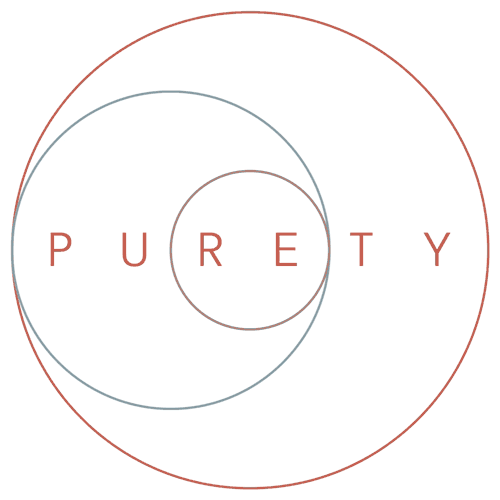How to Cure C Diff? Fecal Transplant FMT 90% success rate
According to the Mayo Clinic, C diff, also known as c difficile, and full name being clostridium difficile, is a bacterium that can cause a range of symptoms from diarrhea to life-threatening inflammation of the colon. C diff most commonly affects older adults in hospitals or in long-term care facilities and typically occurs after use of certain antibiotic medications such as clindamycin, penicillin, or cephalosporins. However, studies show increasing rates of C diff infection among people traditionally not considered high-risk, such as younger and healthy individuals without a history of antibiotic use or exposure to health care facilities.
Clostridium difficile infection has become a very dangerous gastrointestinal infection, and its mortality rates continue to rise. In 2010, the annual incidence of CDI was estimated at 500,000 and mortality at 15,000. More recently, annual incidence of Clostridium difficile infection estimated at 3,00,000. Fortunately we do have a cure in FMT.
C diff infections in recent times have become more frequent, severe and difficult to treat. Clostridium difficile was discovered in 1935, but the link between C diff and pseudomembranous colitis was not elucidated until 1978. The overuse of antibiotics is to blame for the increasing rise of c diff.
Thankfully, the FDA has approved the c diff treatment which has proven to be a c diff cure. This c diff cure is called a fecal transplant, fecal microbiota transplant, or FMT. Mayo Clinic states, ‘FMT restores healthy intestinal bacteria by placing another person’s (donor’s) stool in your colon, using a colonoscope or nasogastric tube. Donor stools are carefully and repeatedly screened for parasites, viruses, bacteria and certain antibodies before being used for an FMT.
Research has shown FMT has a success rate higher than 90 percent for treating C. difficile infections. One small, randomized, controlled trial stopped early because the results were so positive, with a 94 percent success rate overall.‘
Here at Purety Family Medical Clinic in Santa Barbara, we utilize retention enemas or FMT capsules for re-establishing a healthy and balanced gut flora and eliminating c diff infection. We utilize a donor bank of heavily pre-screened stool, only from donors who are at peak health, metabolism, and who have not consumed antibiotics. The protocol working successfully is either 3 consistent days of FMT fecal transplant procedure retention enemas, or two straight days of fecal microbiota capsules.
If you or someone you love is suffering from C diff infection, please encourage them to consider a fecal transplant FMT here in Santa Barbara to avoid any further chronic issues.
